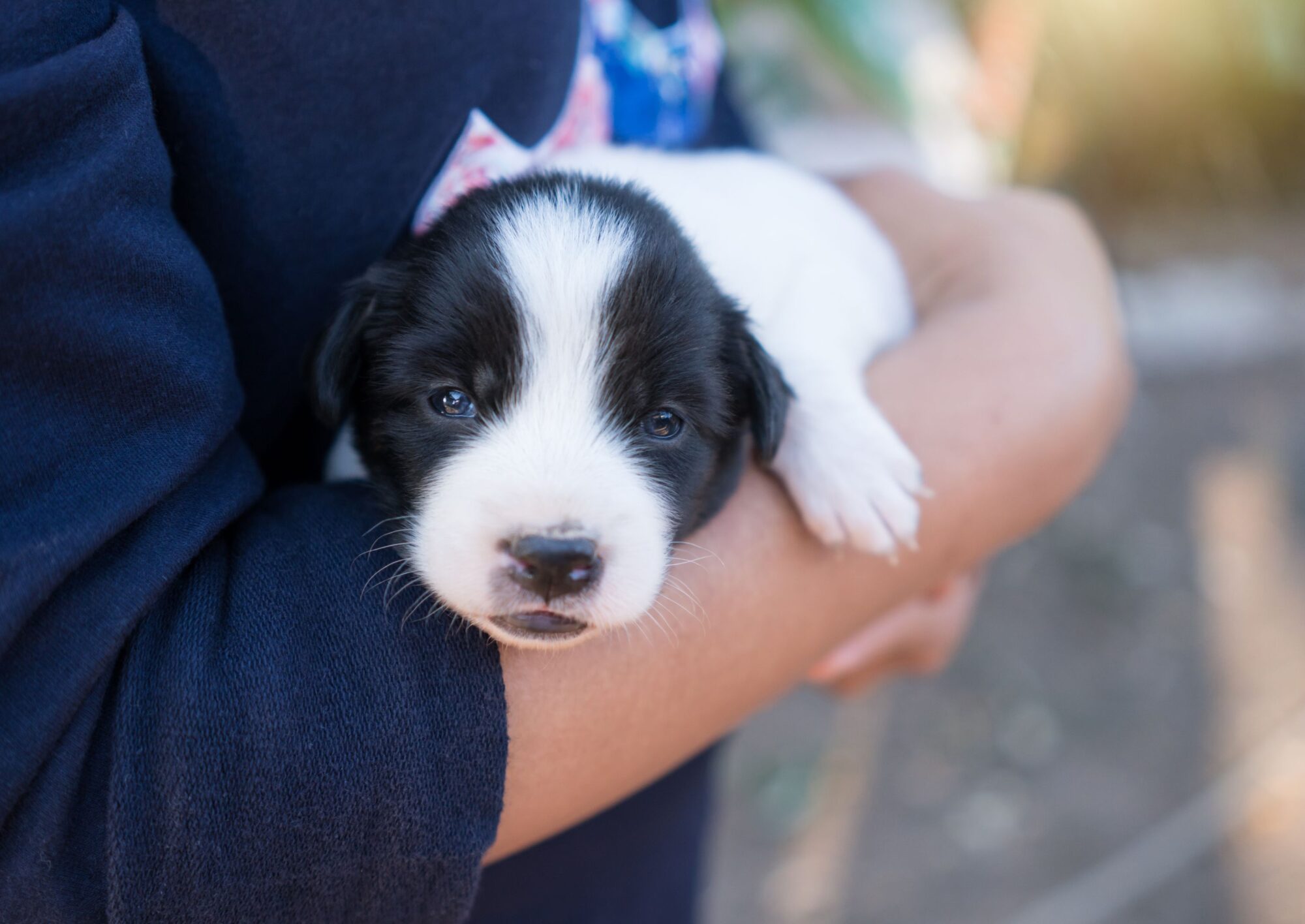Common Household Items That Can Be Dangerous or Toxic to Pets

To ensure a pet’s safety, owners must be constantly aware of the risks associated with toxic foods, medication, chemicals and other potential dangers of the world. With a little bit of knowledge and precaution, you can eliminate the most common household items that pose a danger to your pets.
Above and Beyond
Most pet owners go to extremes when they bring their pets home for the first time. Puppy or kitten proofing the home is required to reduce the risk of injury, entanglement, choking, obstruction, and poisoning (to name a few).
A Pet’s View
Pet proofing your house entails getting down on the ground to try and see the world through their perspective. The result of this process is the removal and proper/secure storage of various types of household hazards.
We recommend going through the entire house (even areas your pet rarely visits) and picking up products dangerous to their health. Move items to inaccessible shelving units, preferably behind doors. The kitchen, pantry, bathroom, laundry room, garage, and garden shed typically house numerous offenders to pet safety, and it is critical to assess storage every few months. Also, be sure that your trash receptacles close completely and cannot be tipped over.
Usual Suspects
Aside from chocolate, caffeine, and alcohol, Xylitol can be commonly found in the kitchen and poses significant threats to pet health and safety. This artificial sweetener found in sugar-free peanut butter, gum, candy, and treats can lead to severe liver damage.
Due to the risk of causing renal failure, grapes and raisins should always be stored where pets cannot access them.
Cleaners and Chemicals
If you can, choose pet-safe cleaning products. This makes storing them much easier but when you’re cleaning, you don’t have to worry about exposing your pets to harmful chemicals. Always store bleach, toilet cleaner, and other harsh products off the floor in case of spills.
For Humans Only
All medications need to be secured at all times. If you carry certain medications in a bag, be sure to hang it up or stow it behind a closet door. Even medications prescribed to your pet can be dangerous if they are exposed to large amounts.
Houseplants and garden flowers add value to living spaces, but the following can lead to terrible health consequences:
- Azaleas
- Lilies
- Castor bean
- Oleander
- Sago palm
- Yew
Please consult this comprehensive list of toxic plants to avoid.
Other Culprits
Antifreeze, rodenticides, insecticides, fertilizers, cocoa mulch and more round out the list of household hazards for pets. If you know or suspect that your pet got into something toxic, please act quickly. We have urgent care hours throughout the week that are designed to help pets with emergencies.
Please call us at (916) 726-2334 with any questions or concerns. Sunrise Boulevard Animal Hospital is always here to help.
